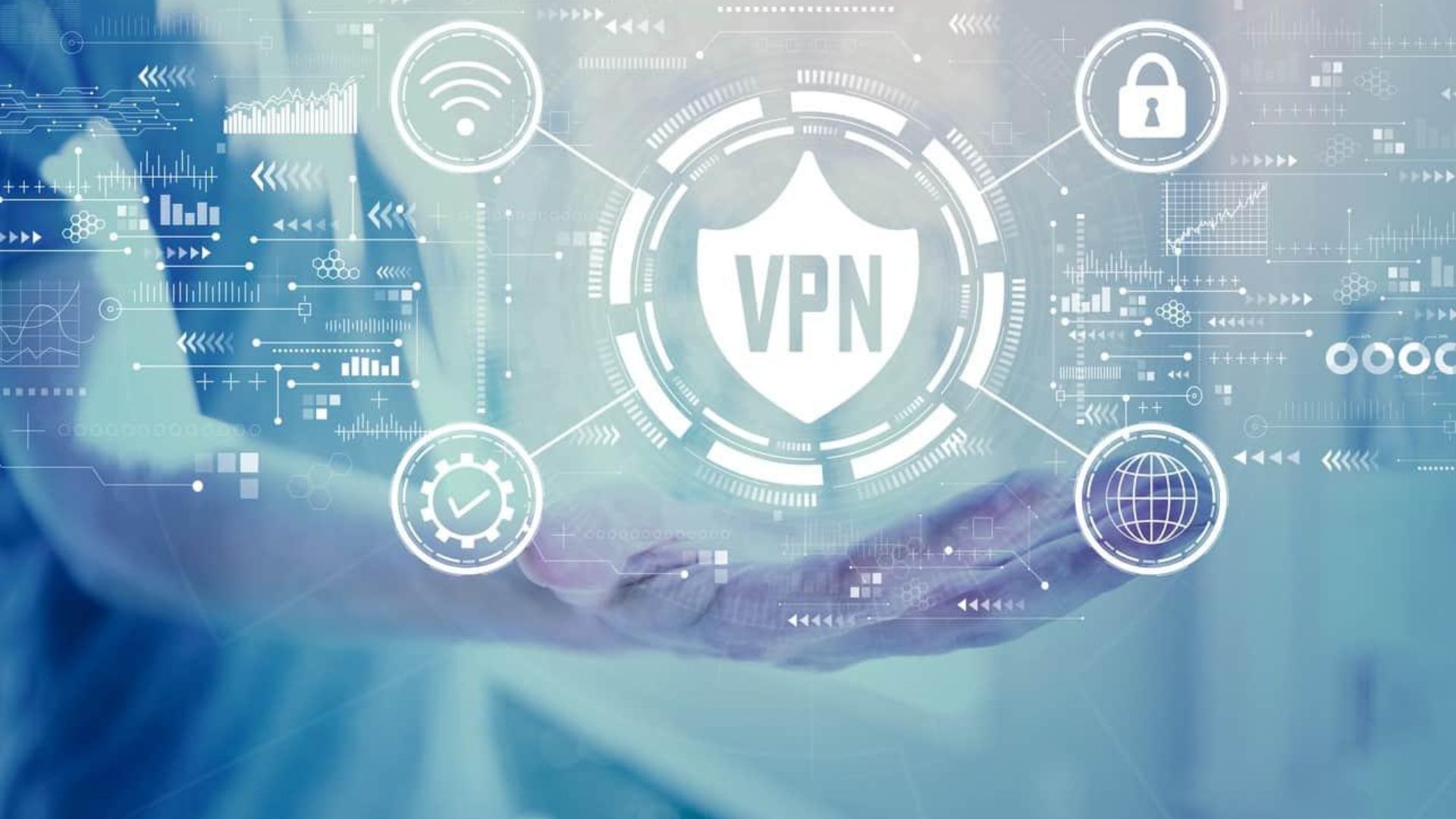Virtual Private Networks (VPNs) have long been a go-to solution for online privacy, security, and bypassing restrictions. However, with governments cracking down on VPN usage, advanced tracking technologies, and new alternatives emerging, many are questioning whether VPNs are still effective in protecting user anonymity.
How Do VPNs Work?
A VPN encrypts your internet traffic and routes it through a remote server, masking your IP address and making it harder for third parties—such as ISPs, advertisers, and hackers—to track your activity. This helps users:
- Protect online privacy by hiding browsing activity.
- Bypass geo-restrictions on streaming services and websites.
- Secure connections on public Wi-Fi by encrypting data.
Are VPNs Still Effective in 2025?
While VPNs continue to provide some level of privacy, there are growing concerns about their long-term effectiveness due to emerging technologies and regulatory shifts.
1. VPN Blocks by Governments and Websites
- Countries like China, Russia, and Iran have aggressively blocked VPN usage, making it difficult for users to bypass censorship.
- Streaming services (Netflix, Hulu, Disney+) use advanced VPN detection systems to block access to restricted content.
2. ISP and AI-Based Tracking
- Many ISPs can detect VPN usage based on traffic patterns, even if they can’t see the data.
- AI-driven fingerprinting techniques can identify and track users even when they switch IPs via VPNs.
3. Rise of Decentralized and Alternative Privacy Tools
- Decentralized VPNs (dVPNs), such as Orchid and Mysterium, offer better anonymity by distributing traffic across multiple nodes.
- Tor and Onion Routing remain effective for high-level anonymity, especially for journalists and activists.
- Privacy-focused browsers (Brave, Mullvad Browser) are reducing the need for standalone VPNs.
4. VPN Providers and Data Logging Risks
- Some VPN providers claim to offer “no-log” policies, but past investigations have shown that some still collect user data.
- Free VPNs often track and sell user data, making them counterproductive for privacy.
The Future of Online Anonymity
With increasing surveillance and data tracking, VPNs alone are no longer enough to ensure complete anonymity. Future privacy solutions will likely include the following:
- AI-powered privacy tools that adapt to new tracking methods.
- Zero-trust networks that minimize data exposure.
- Stronger encryption protocols to counter deep packet inspection (DPI) techniques.
Should You Still Use a VPN?
VPNs remain a valuable tool for privacy and security, but they should be combined with other privacy measures such as:
- Using privacy-focused browsers like Brave or Tor.
- Enabling end-to-end encrypted messaging apps.
- Avoiding free or unverified VPN services.
Final Thoughts
VPNs still enhance online security, but they are no longer a foolproof solution for anonymity. As tracking technologies advance, a multi-layered approach to privacy will be necessary to stay anonymous online.
Would you like me to refine this into a more detailed blog post?

